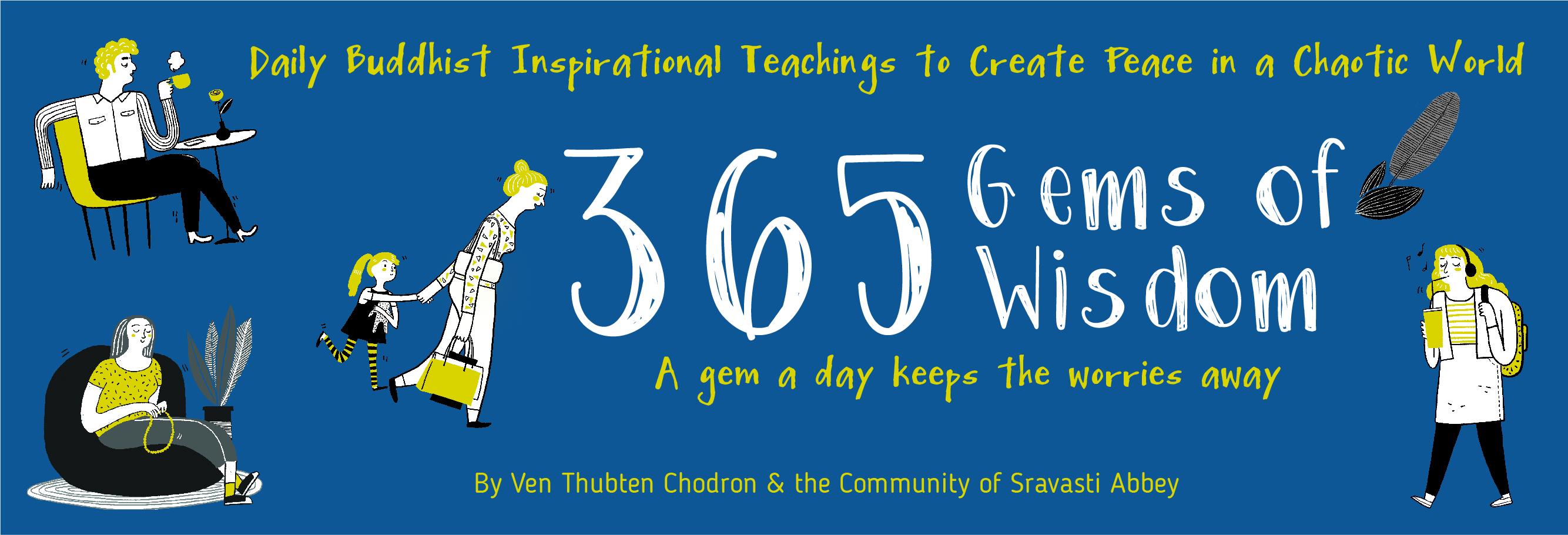December 24 : Positive and Negative Feedback
How do we reinforce positive behaviour in others? We can either praise the action or the person, or both. I think it is good if we do both, so the other person knows what they did that you are approving of and can internalise the action as part of their identities. For example, it would be very good to say, “When you cleaned up your room, that was a very nice thing to do, and you are a very considerate person because you know that it makes everybody in the house happy.”
Otherwise, especially with little kids, they might not know what they did that you appreciate. On the contrary, when you are trying to discipline kids, you should emphasise the action and not the character. We should say, “That action was harmful, that action hurt somebody’s feelings.” But parents often say, “You’re a bad boy/girl,” which makes the kid feel very bad about themselves and defective when all you are trying to do is discourage a particular behaviour. If we must give negative feedback, talking about the action will be much easier for the other person to understand than something that brands their character. When you say something to somebody and they say, “I don’t think that’s true,” that sounds very different than saying, “You’re a liar.” It is something to look out for in ourselves when we get upset with someone. We usually get upset with the person when it is the behaviour we should be upset with. When people are very angry at someone, they usually talk about their character and call them nouns like “jerk, idiot, liar” and so on, or adjectives like “ridiculous, untrustworthy” and the like, instead of saying, “You did this, and that action is disturbing to me.” Focusing on behaviours can help us too, since thinking “that person did this behaviour” lessens the intensity of our anger. Telling somebody they are a bad person or a good person is inaccurate because we believe everybody has Buddha nature.
In another situation, the person can act differently and they are our friend, so it is always the behaviour that is objectionable. This mind that creates friend and enemy, which are nouns and categories, really hinders us from forgiving people and accepting apologies. Labelling people impede us from connecting with that person and having an attitude of loving-kindness.
“365 Gems of Wisdom” e-book is out now!

